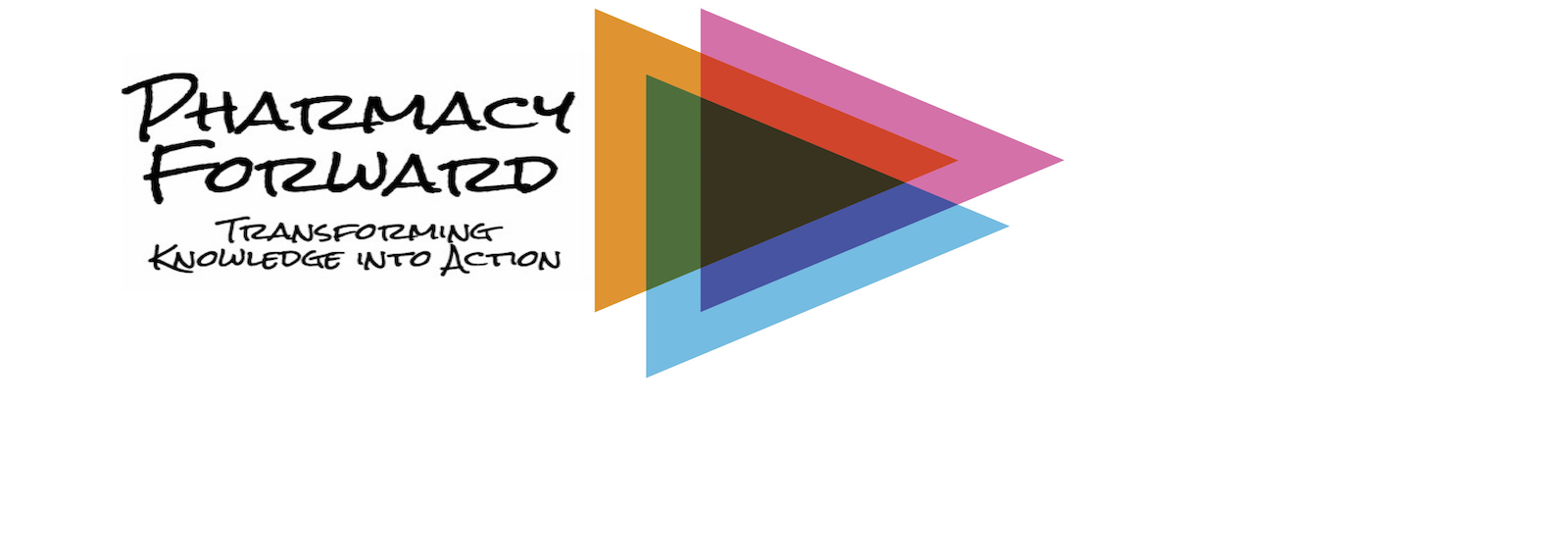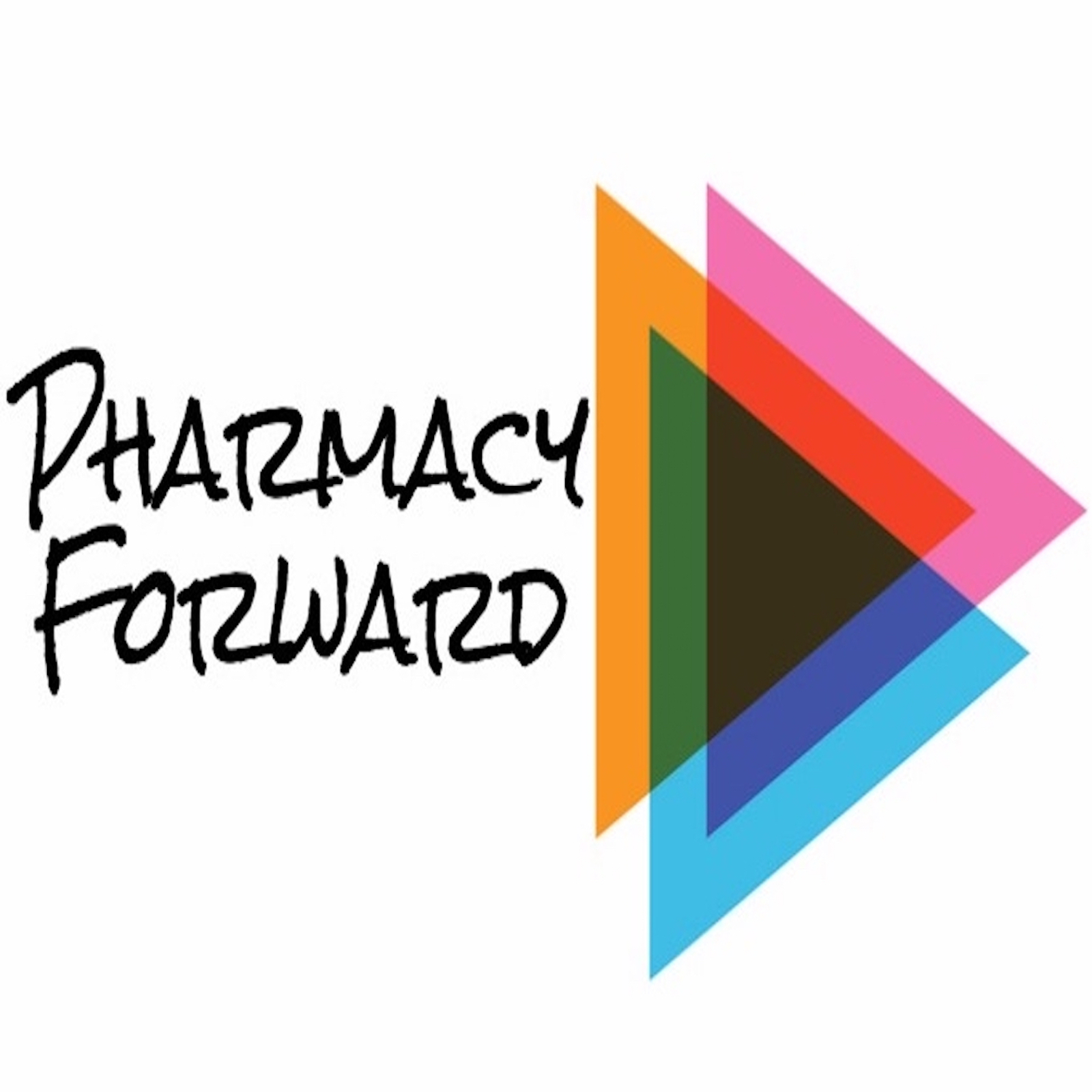Episodes

Monday Jan 17, 2022
Crushed by Stressors: Cultivating Healthy Responses
Monday Jan 17, 2022
Monday Jan 17, 2022
Cynthia Knapp Dlugosz, BSPharm, NBC-HWC - Solopreneur and Owner of Being in Balance Coaching and Artemis Health Care Communications - and Elizabeth Buckley, PharmD, CDCES - Professor, Department of Pharmacy Practice, Concordia University Wisconsin — talk to us about threats to our well-being and self-care practices.
Key Lessons:
- We are surrounded by stressors that adversely impact our sense of well-being.
- The ubiquitous use of technology has increased the demands on our attention.
- The pillars of well-being based on research from the Center for Healthy Minds at the University of Wisconsin-Madison are: Awareness, Connection, Insight, and Purpose.
- Much of our dissatisfaction and psychological suffering stems from our desire to push away or change the unpleasantness in our lives.
- Mindfulness is a state of being where we are attentive in the present moment with receptivity, non-judgment, and compassion with what arises.
- Meditation and yoga are practices that cultivate our ability to be mindful - our ability to be more attentive, receptive, less judgmental, and compassionate.
- Gratitude increases our happiness. Those with the least material wealth are often able to recognize and express gratitude for the blessings in their lives but anyone can learn to be more grateful.
- Health professionals feel acutely stressed today because the environmental demands are beyond their ability to successfully cope due to unpredictability, uncontrollability, and overload.
- Organizations have a responsibility to implement strategies to address the environmental demands and the underlying causes of stress.
Resources and Books:
Center for Healthy Minds, the University of Wisconsin-Madison
Brown B. Atlas of the Heart. Mapping Meaningful Connection and the Language of Human Experience. New York: Random House, 2021.
Moss J. The Burnout Epidemic: The Rise of Chronic Stress and How to Fix It. Boston: Harvard Business Press, 2021

Thursday Apr 16, 2020
Expanding the Frontiers of Pharmacy Practice (II)
Thursday Apr 16, 2020
Thursday Apr 16, 2020
Kristin Wiisanen, PharmD - Clinical Professor and Director of the Graduate Program in Precision Medicine at the University of Florida College of Pharmacy - talks with us about using genomics to guide therapeutic decisions.
Key Lessons:
- Precision medicine and personalized medicine are synonymous terms.
- Pharmacogenomics is a tool to personalize treatment decisions. However, it is not the only tool. Other readily available and routinely collected clinical information has been used to personalize therapy for decades (e.g. blood type, serum creatinine, CV risk score).
- While creating a separate pharmacogenomic service can help ease practitioners into using pharmacogenomic tests, learning how to integrate genetic information as a routine part of clinical decision-making is the ultimate goal.
- Pharmacists have a unique role (and responsibility) to know when and how to use the results of pharmacogenomic tests.
- Teaching students, residents, and fellows to use pharmacogenomic information should be done in an integrated manner - considered alongside other clinical data, not in isolation.
- Several excellent resources now exist that can assist pharmacists and other providers use the results of pharmacogenomic tests including the Pharmacogenomics Knowledge Base (PharmGKB) and the Clinical Pharmacogenetics Implementation Consortium (CPIC) Guidelines.

Wednesday Mar 13, 2019
Credentialing & Privileging (I)
Wednesday Mar 13, 2019
Wednesday Mar 13, 2019
Joseph Saseen, Pharm.D., BCPS, BCACP, CLS - Professor of Clinical Pharmacy and Family Medicine, University of Colorado Skaggs School of Pharmacy and Pharmaceutical Sciences - discusses the various credentials pharmacists can earn following graduation and licensure.
Key Lessons
- Credentials include degrees, licensure, post-graduate training, and board certification.
- Earning a certificate is not synonymous with becoming board certified.
- Board certification requires candidates to meet specific eligibility criteria and pass a comprehensive examination to validate the breadth and depth of knowledge in the area of specialization.
- Board certification can give pharmacists a competitive advantage for employment and open doors to new opportunities.
- Candidates should consider preparing for a board certification exam either through a formal, structured program or forming a study group ... or both.
- Obtaining advanced credentials is ultimately about improving the quality of care pharmacists provide to patients.

Tuesday Apr 17, 2018
It's All About Quality (III)
Tuesday Apr 17, 2018
Tuesday Apr 17, 2018
Rosemary Duncan, Pharm.D., BCPS - Medication Safety Officer - and Jacob Smith, Pharm.D. - Assistant Director of Medication Safety and Quality at The Johns Hopkins Hospital talk about measuring quality in hospital settings and how quality metrics are used for accreditation and value-based payments.
Key Lessons: Measuring quality is difficult and event rates are not an adequate metric of medication safety; pharmacists can help improve HCAHPS (Hospital Consumer Assessment of Healthcare Providers and Systems) scores by providing patient and provider education; quality in healthcare is advanced by implementing high-reliability systems and processes by interprofessional teams.

Wednesday Mar 14, 2018
It's All About Quality (II)
Wednesday Mar 14, 2018
Wednesday Mar 14, 2018
Laura Cranston, R.Ph. - Chief Executive Office of the Pharmacy Quality Alliance (PQA) - talks about the work of PQA and the National Quality Strategy which aims to make care delivery higher quality and more affordable to achieve healthier people and communities.
Key Lessons: PQA plays an important role by convening key stakeholders and creating quality measures that are used by the payer community. Pharmacists and student pharmacists can play an important role in PQA's work.

Tuesday Jan 02, 2018
Relationship Building to Advance Your Practice (II)
Tuesday Jan 02, 2018
Tuesday Jan 02, 2018
Sara J. White - former Director of Pharmacy at Stanford Hospitals and Clinics - talks about relationship building in hospitals and health systems. Ms. White is a Past-President of the American Society of Health-System Pharmacists (ASHP) and a Scholar-in-Residence with the ASHP Foundation in 2004.
Key Lessons: know the distinction between interactions and relationships, connect with people - not just communicate, and be visible.

